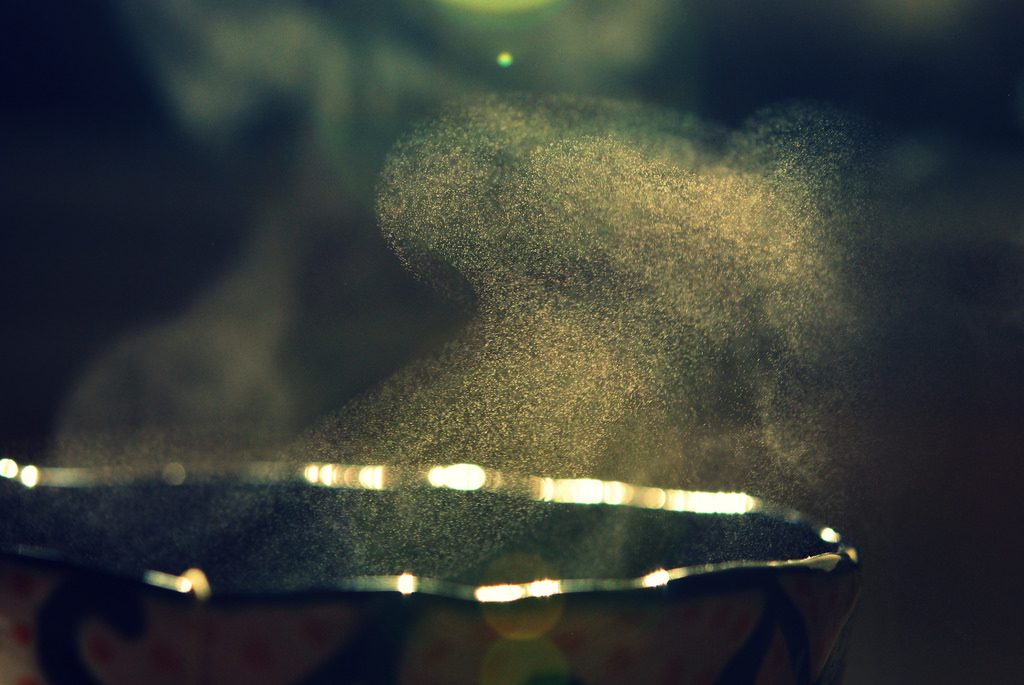
There is a credible link between drinking hot beverages such as tea and coffee and the risk of oesophageal cancer. For the first time, researchers have been able to answer the question of just how hot, is too hot?
Cancer of the oesophagus kills over 500,000 people worldwide each year with most of these deaths in Asia, Africa and South America. In Australia, it claims over 1,300 people every year. Smoking, drinking and obesity are known risk factors that can increase the risk of this cancer. Surprisingly, drinking very hot beverages also appears on the list.
There is a plausible link between drinking hot beverages and cancer of the oesophagus. Hot beverages can scald the lining of the oesophagus just as easily as it does if spilt on the skin. Repeated heat damage to cells lining the oesophagus has the potential to initiate the cancer process through inflammatory stress.
Some like it hot
So the question is: just how hot is too hot? To answer this, a team of researchers has looked closely at this question by objectively and subjectively measuring the drinking temperature of tea in a large group of people. They then followed these people for over 10 years to determine their future risk of oesophageal cancer. Their findings were published in Cancer Epidemioijc.32220logy.
At the beginning of the study in 2004, a raft of health and lifestyle information were collected on more than 50,000 people in Iran. One novel piece of information collected was how hot they enjoyed their tea. To do this, tea was served during the health interview at an exact temperature of 75 degrees Celsius.
The participants were asked to sip the tea and comment on how closely it matched the temperature of tea they normally drank. If they preferred it cooler, the tea was allowed to drop 5 degrees in temperature before the person was asked to try it again until they got to their preferred drinking temperature.
Armed with this objective measure of tea temperature preference it was then a matter of waiting some years to see how many people in the study went on to develop oesophageal cancer.
Drinking tea above 60 degrees Celsius, having a stated preference for ‘hot tea’, and waiting only a short time from pouring to drinking were all linked to a higher risk of cancer of the oesophagus. Drinking more than 700 mL of tea each day above 60 degrees almost doubled the risk compared to people who preferred cooler tea.
There is no need to swear off tea just yet as regular tea drinking is linked to lowering the risk of several cancers. It is just that it is best to give tea and coffee time to cool before you start to drink it.
What it all means
Drinking very hot tea and other beverages can increase the risk of oesophageal cancer. To play it safe, wait for beverages to go from ‘scalding’ to ‘tolerably hot’ before you drink them.

Charlene says
What was the study population? How many of these participants were smokers and non-smokers? How often do you have to drink tea at high temperatures to be at risk of osophageal cancer? Surely is depends on the type of tea as well?
Tim Crowe says
Thank you for your comments Charlene. In answer to your questions:
– The study population was a cohort of 50,045 people aged 40–75 years old from the eastern part of Golestan Province in Iran
– Smoking was one of the factors that they accounted for in their analysis, though baseline rates of smoking was fairly low at 10.8%. Similar to alcohol which is also a risk factor for oesophageal cancer, this was adjusted for in the analysis, but baseline drinking rates were very low to start with.
– How often tea was drunk was not reported, more so the volume drunk over a day as a proxy for this and above 700 mL was were risk was higher
– The type of tea should not make any difference as it is about the water temperature although both green and black tea were drunk in the study and this didn’t change the result. Tea was the focus of the study because of the amount drunk in the region, but there is no reason that the results would not apply to coffee or even soup as well.
Andrew says
I didn’t ask the question, but that’s a great response.